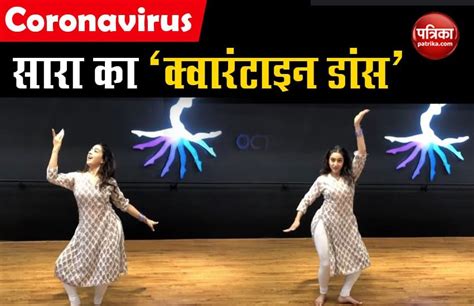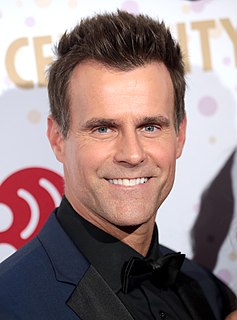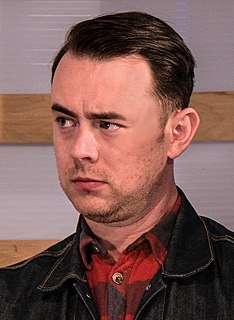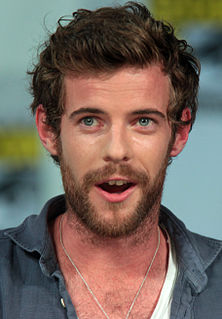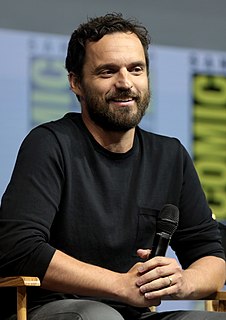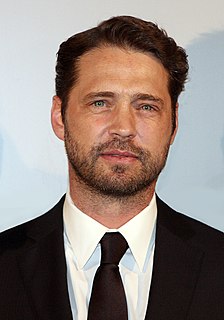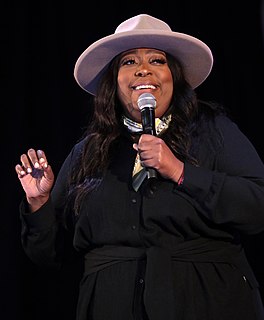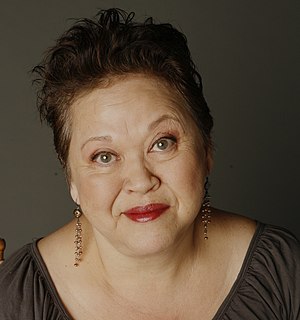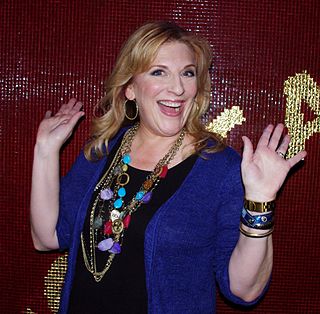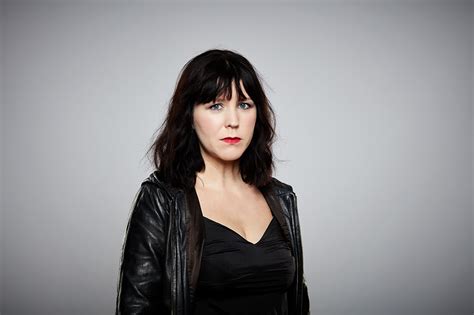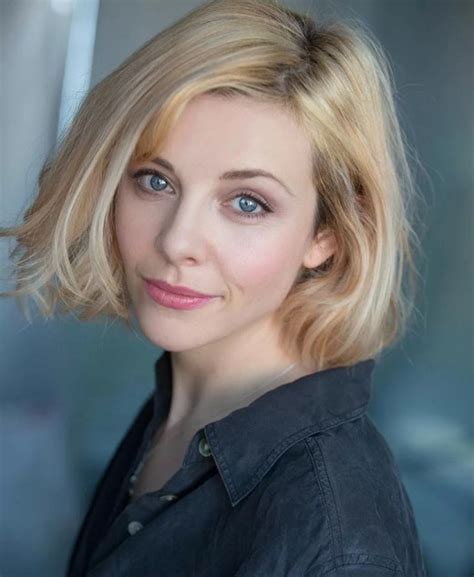A Quote by Sara Khan
I always wanted to give comedy a try and I feel Comedy Classes' is the best platform for that.
Related Quotes
I have always been down to test what I can do and push the limits of my acting. I have always wanted to try new genres and stuff - but I love comedy. I grew up on comedy, and I love having a good time and making people laugh. But it is also really nice to switch it around and make people think and feel some darker emotions.
I've always thought that comedy was just another dramatic expression. I try to measure the amount of truth in a work rather than just looking at the generic distinction between comedy and drama. There's a lot of bullshit drama that leaves you totally cold. And there's a lot of wasted comedy time too. But when you get something honest, it doesn't matter what label you give it.
